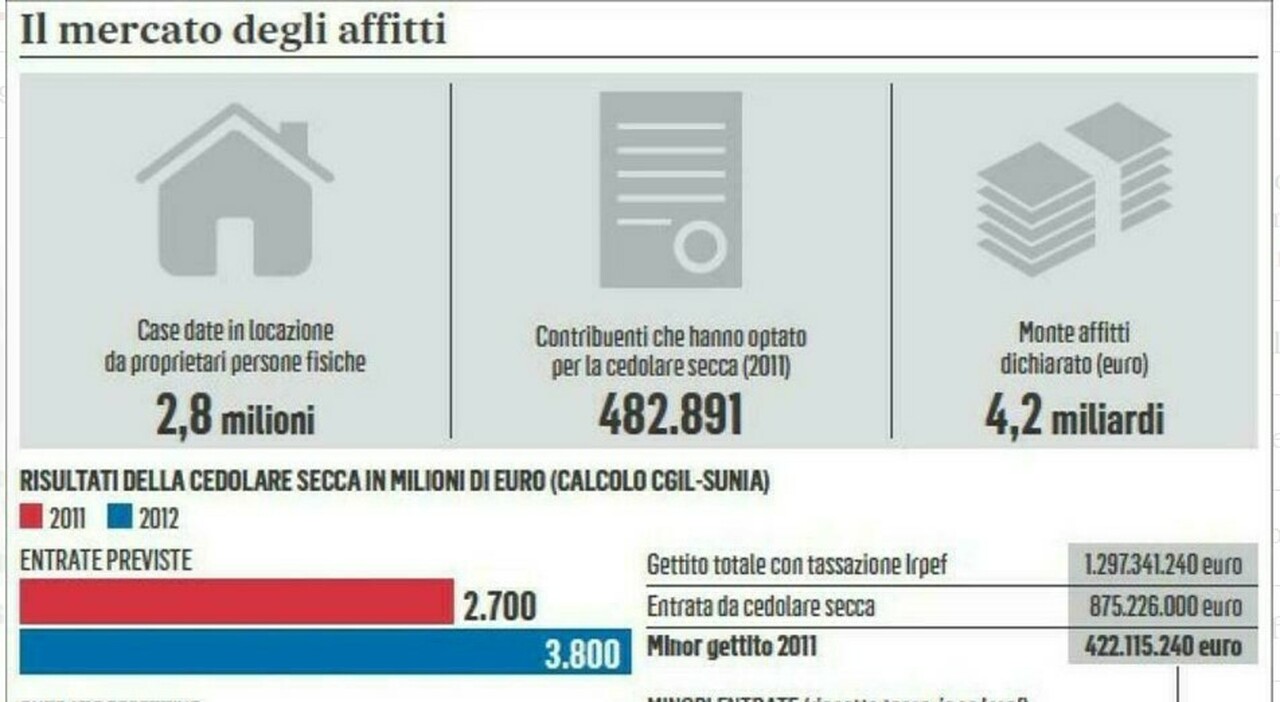SARS-CoV-2: published on the prestigious scientific website PNAS – Proceedings of the National Academy of Sciences in the Processing Studio of the Laboratory for Monoclonal Antibody Discovery (MAD) and the Laboratory for Health Data Sciences (DaScH) of the Tuscany Life Sciences Foundation (TLS) from the title “High Map “Resolution of Fc functions mediated by COVID-19 neutralizing antibodies.”
The paper, co-authored by Ida Basello, Giuseppe Macari, Elisa Pantano, Emanuele Andriano and Rino Rapoli, analyzes the importance of studying the immune response induced by the Fc portion of human monoclonal antibodies in the development of new therapeutics against SARS-CoV. – 2.
Research activity. TLS's Monoclonal Antibody Discovery (MAD) Laboratory has consolidated expertise in the identification and production of human monoclonal antibodies that can be tested in the laboratory against both bacterial and viral species. Since the deposit of the SARS-CoV-2 sequence, the TLS research group, which began its activity at the end of 2018 thanks to an advanced ERC grant worth 2.5 million euros for a research project dedicated to antimicrobial resistance, has been carrying out studies and research analyzes on the neutralizing ability of antibodies, i.e. their ability to Protecting the body's cells from disease-causing organisms and preventing any infections.
As variants progressed, up to omicron, many previously identified antibodies showed a reduction or loss of their neutralizing ability. Based on this observation, the MAD laboratory's work has focused on the large-scale characterization of monoclonal antibodies for use against the SARS-CoV-2 virus and its variants.
The results obtained confirmed that antibodies play an important role in protection against the virus not only thanks to their ability to neutralize it but also thanks to the functions mediated by their Fc part. In fact, through this part, antibodies are able to stimulate immune response mechanisms aimed at eliminating the virus. These mechanisms have been described in detail in the work carried out and published by the MAD laboratory, making it possible to shed light on an area not yet explored in the scientific literature that will be fundamental for the design of new vaccine candidates and in determining which monoclonal antibodies will be administered to defeat Covid-19.
Study and results. The TLS Research Group, author of the study on SARS-CoV-2, conducted an analysis of 482 human monoclonal antibodies identified from three different groups of study participants: the first received two doses of the vaccine, the second three, the third received two doses of the vaccine, and the third received two doses of vaccine, and the third received two doses of the vaccine. Immunity resulting from a previous infection and two doses of an mRNA vaccine. The study confirmed that although some antibodies had gradually reduced or lost the ability to neutralize new variants of the virus, many of them retained the effector functions mediated by the Fc part. The reason for this difference is that previously conducted studies took into account only one part of the antibody, i.e. the part through which the antibody binds to the virus and prevents its infectious activity by neutralizing it, whereas this new work examined a different part, which, however, Although it is unable to act as a direct shield against the virus, it manages to activate all cells involved in the immune response which, therefore, may be able to compensate for the loss of neutralization capacity by antibodies.
“With these research activities, we wanted to broaden the perspective of the study of monoclonal antibodies – and discover the great potential of the immune response induced by the Fc part of antibodies,” explains Ida Basillo, a researcher in the MAD laboratory and the first signatory of the TLS study on SARS-CoV-2. This gives us hope, especially regarding the development of second-generation vaccines and new antibodies for use in prevention or treatment. This is an important scientific contribution for which I thank the Scientific Director of the Biotecnopolo Foundation in Siena and the Scientific Coordinator of the MAD Lab Rino Rappuoli, the Project Manager Emanuele Andreano and all colleagues at the MAD Lab and the DaScH Laboratory , who contributed in a decisive manner throughout all stages of study, analysis and experimentation.”
Conclusions. Research work conducted by the MAD Laboratory and the DaScH Laboratory TLS It provides a high-resolution picture of different antibody responses to SARS-CoV-2, and suggests how the contribution of Fc-mediated antibody function, as a complement to neutralization function, should be considered crucial for the development of innovative therapies and the selection of new antibodies that are also capable of combating new variants of COVID-19. .

“Internet trailblazer. Travelaholic. Passionate social media evangelist. Tv advocate.”








More Stories
The Gum Nebula is amazing
Enroll in the Basic Astronomy Course Online: How to Participate
Omega 3: from what sources can it be recovered?